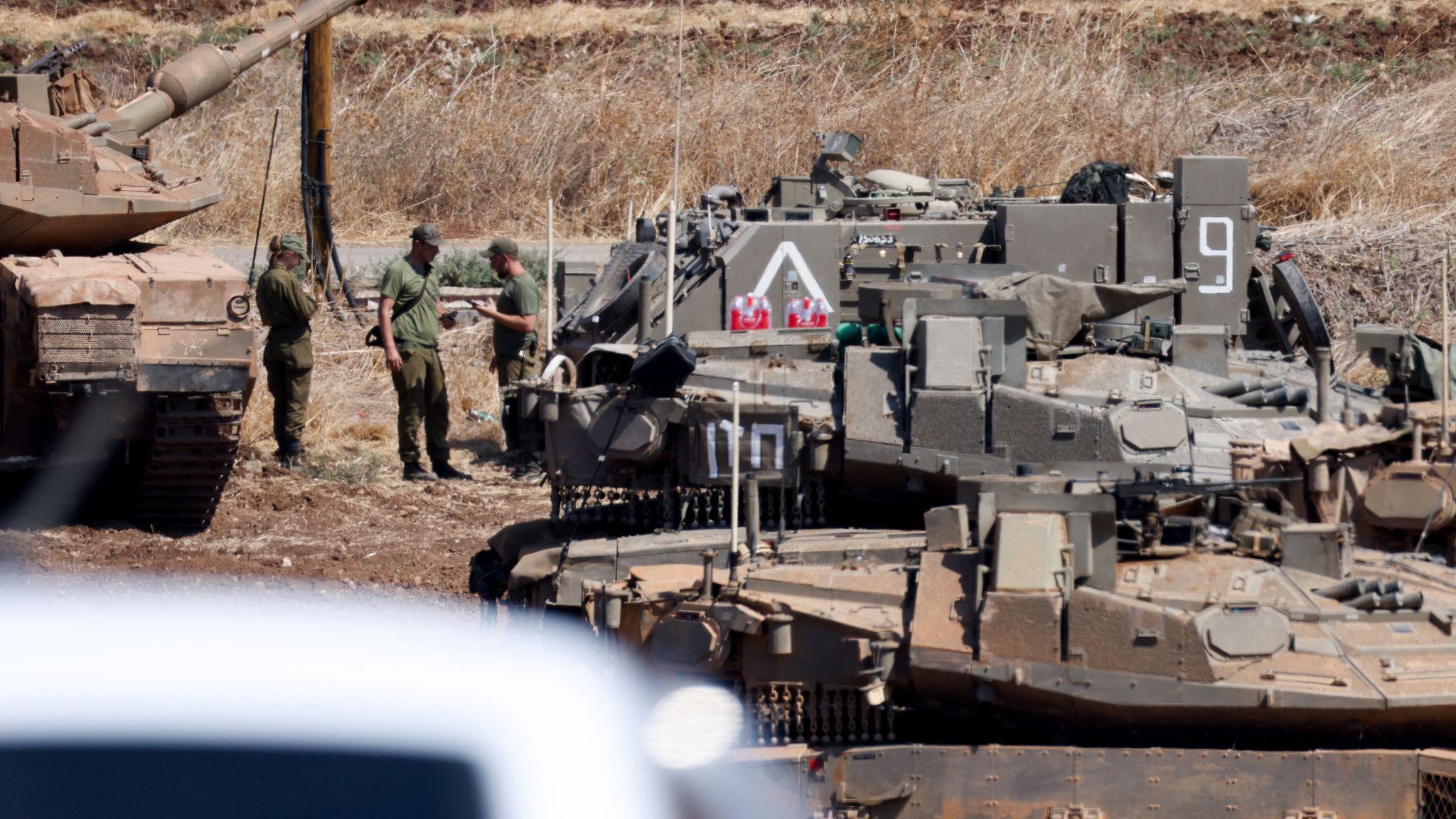Israel is planning a “limited” ground invasion into southern Lebanon, according to a senior U.S. official, with the operation expected to commence soon. The scale of this campaign will be smaller than the 2006 conflict between Israel and Hezbollah, and it is projected to be of shorter duration.
While the specifics of the operation remain unclear, Israeli military leadership has signaled that preparations are underway. Defense Minister Yoav Gallant, addressing troops on the border, emphasized that all necessary capabilities will be deployed to secure Israel’s northern region.
This planned invasion follows the recent killing of Hezbollah leader Hassan Nasrallah, a significant blow to the militant group. Gallant, however, made it clear that Nasrallah’s death was just one step in a broader campaign, and further actions will be necessary to fully neutralize Hezbollah’s threat.
Israeli forces have already launched a series of aerial strikes targeting Hezbollah positions in southern Lebanon and Beirut, part of a larger effort to weaken the group before a potential ground operation begins.
In recent days, Israeli military forces have been moving reinforcements, including reservists, to the northern border, signaling the likelihood of a ground invasion.

Israel Prepares for “Limited” Ground Invasion of Southern Lebanon Amid Rising Tensions with Hezbollah
Reports suggest that Israel has been conducting covert operations in southern Lebanon for months, using tunnels previously built by Hezbollah and seized during Operation Northern Shield in 2018. These underground passages, constructed with assistance from Iran and North Korea, connect southern Lebanon with northern Israel and have been a key factor in Hezbollah’s strategy against Israel.
The increased military activity in the region aims to disrupt Hezbollah’s operational capabilities and gather intelligence about its activities. Israeli officials have stated that these actions are intended to ensure the safety and return of approximately 60,000 residents who fled northern Israel due to the threat of attacks.
By degrading Hezbollah’s ability to strike Israel, the government hopes to prevent a repeat of an October 7-style assault and provide a secure environment for its citizens to return home.
Despite the intensifying conflict and uncertainty surrounding Hezbollah’s response, Israeli leadership remains committed to securing the region.
Gallant reaffirmed that the government will employ all necessary military resources—air, sea, and land forces—to achieve this goal. However, it remains unclear when displaced residents will be able to safely return, as Israel continues its operations to safeguard its northern communities.
